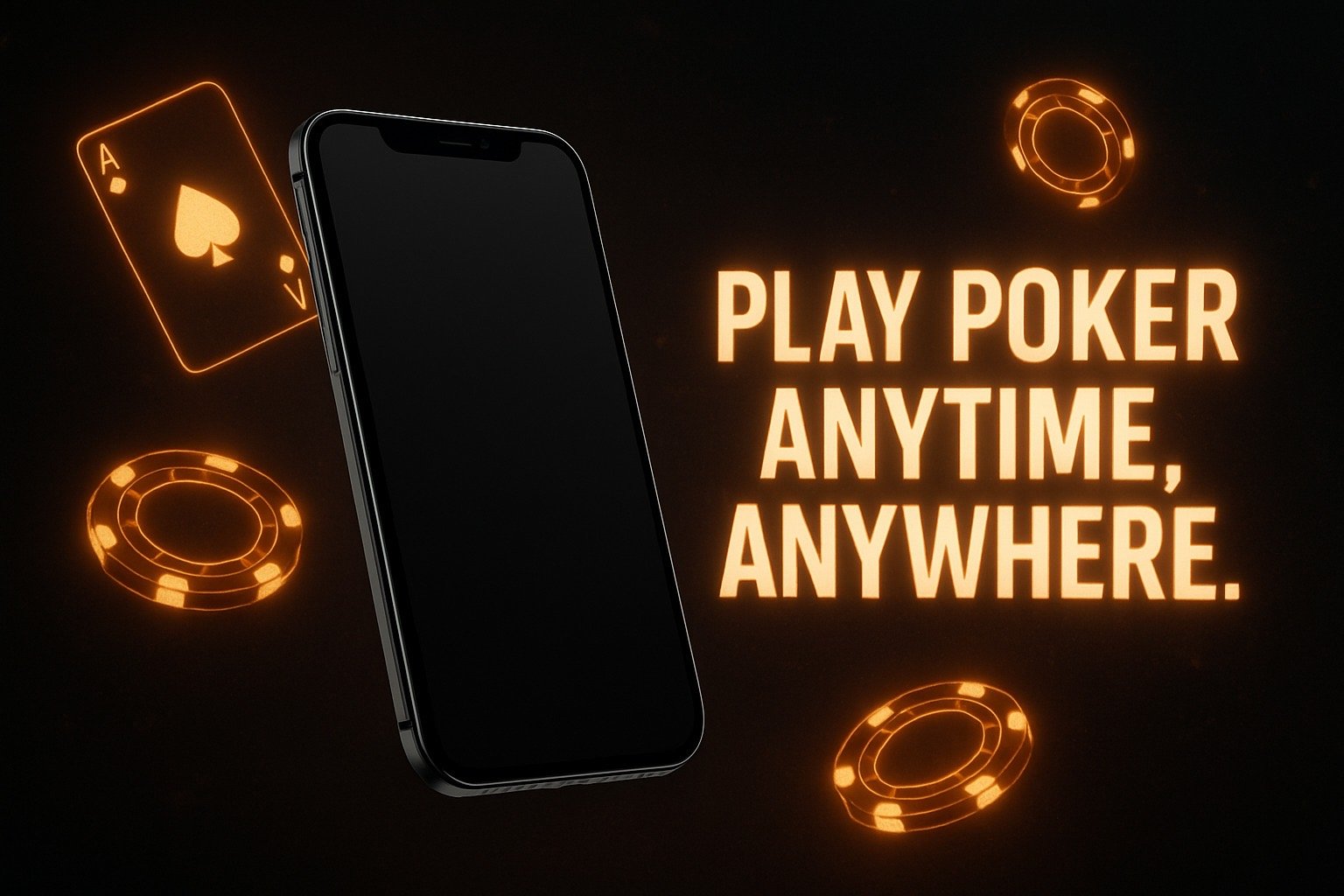Krafton Freezes Hiring as It Bets Big on AI-First Game Development
TLDRs;
- Krafton halts hiring to fund a $70M AI-driven development strategy.
- PUBG creator plans AI NPCs built with Nvidia’s ACE technology.
- New games expected in 2026 and 2027, including cricket-themed titles.
- Company’s stock drops 10% in 2025 amid industry-wide gaming slowdown.
Krafton Inc., the South Korean gaming giant best known for “PlayerUnknown’s Battlegrounds (PUBG),” has hit pause on recruitment as it undergoes a sweeping transformation into an “AI-first” game studio.
The move, announced this week, marks a significant turning point for one of Asia’s top developers, one that is choosing to invest in artificial intelligence rather than expand headcount.
The company revealed that it will channel over 100 billion won (approximately US$70 million) toward AI initiatives, a figure that represents roughly 3.7% of its 2024 revenue. While the hiring freeze may appear counterintuitive amid record profits, Krafton’s leadership has clarified that the goal is to redirect operational focus toward specialized AI talent and in-house machine learning infrastructure.
Despite a 21% jump in revenue for the third quarter, Krafton’s 7.5% operating income rise fell short of analyst projections, underscoring the mixed investor sentiment surrounding the transition. Its shares have also fallen about 10% in 2025, reflecting broader volatility across the US$178 billion global gaming market, where studios are grappling with shifting player habits and rising competition from online streaming.
AI-Powered Characters and New Game Worlds
Krafton’s AI ambitions were on full display at CES 2025, where it partnered with Nvidia to debut a series of interactive game demos showcasing the next generation of AI-driven non-player characters (NPCs). Using Nvidia’s Avatar Cloud Engine (ACE), Krafton’s prototype NPCs demonstrated dynamic dialogue, emotional awareness, and behavior adaptation , traits once considered decades away for mainstream games.
At the heart of this innovation is Krafton’s Co-Playable Character (CPC) technology, which uses small-scale language models for in-game cognition and multimodal neural systems capable of processing text, images, and audio simultaneously. Complementing this is the company’s upcoming open-world title inZOI, which introduces “Smart Zoi” autonomous agents designed to react intelligently to players’ actions in real time.
Krafton says these features represent the “next frontier of immersion,” a future where NPCs can hold evolving conversations, remember player choices, and behave independently without scripted commands. This AI-first shift will extend across its portfolio, including new titles planned for 2026 and 2027, and even legacy franchises like PUBG, which may soon feature adaptive in-game companions known as PUBG Ally.
India Emerges as Key Growth Market
Beyond technology, Krafton’s geographic ambitions are also expanding. Executives have identified India as a key growth region, citing the country’s vast mobile gaming base and growing esports ecosystem.
Development is already underway for several cricket-themed projects, signaling the company’s intent to produce culturally tailored content for regional audiences.
This approach aligns with Krafton’s broader diversification strategy: leveraging AI to localize gameplay experiences, narrative tone, and even player interactions in different languages and markets.
Industry Implications and the Road Ahead
Analysts say Krafton’s pivot arrives at a critical moment for the gaming industry. As generative AI reshapes how games are built, studios face rising pressure to automate asset creation, narrative design, and testing workflows. Infrastructure companies and middleware vendors, particularly those offering real-time inference optimization tools like Nvidia’s NVIGI SDK, are likely to see new opportunities as studios integrate AI-driven NPC systems.
By embracing AI while maintaining financial stability, Krafton distinguishes itself from peers making reactive pivots under revenue stress. With PC and console sales approaching 1 trillion won, the company appears well-positioned to pioneer the next wave of intelligent, responsive gaming, even if it means slowing hiring today to accelerate innovation tomorrow.
The post Krafton Freezes Hiring as It Bets Big on AI-First Game Development appeared first on CoinCentral.
You May Also Like

Fetch has sued Ocean and its founders, accusing them of undermining DAO governance by selling 263 million FET tokens without authorization.

The Elite Advisory Board Raising the Bar for Crypto Credibility!
